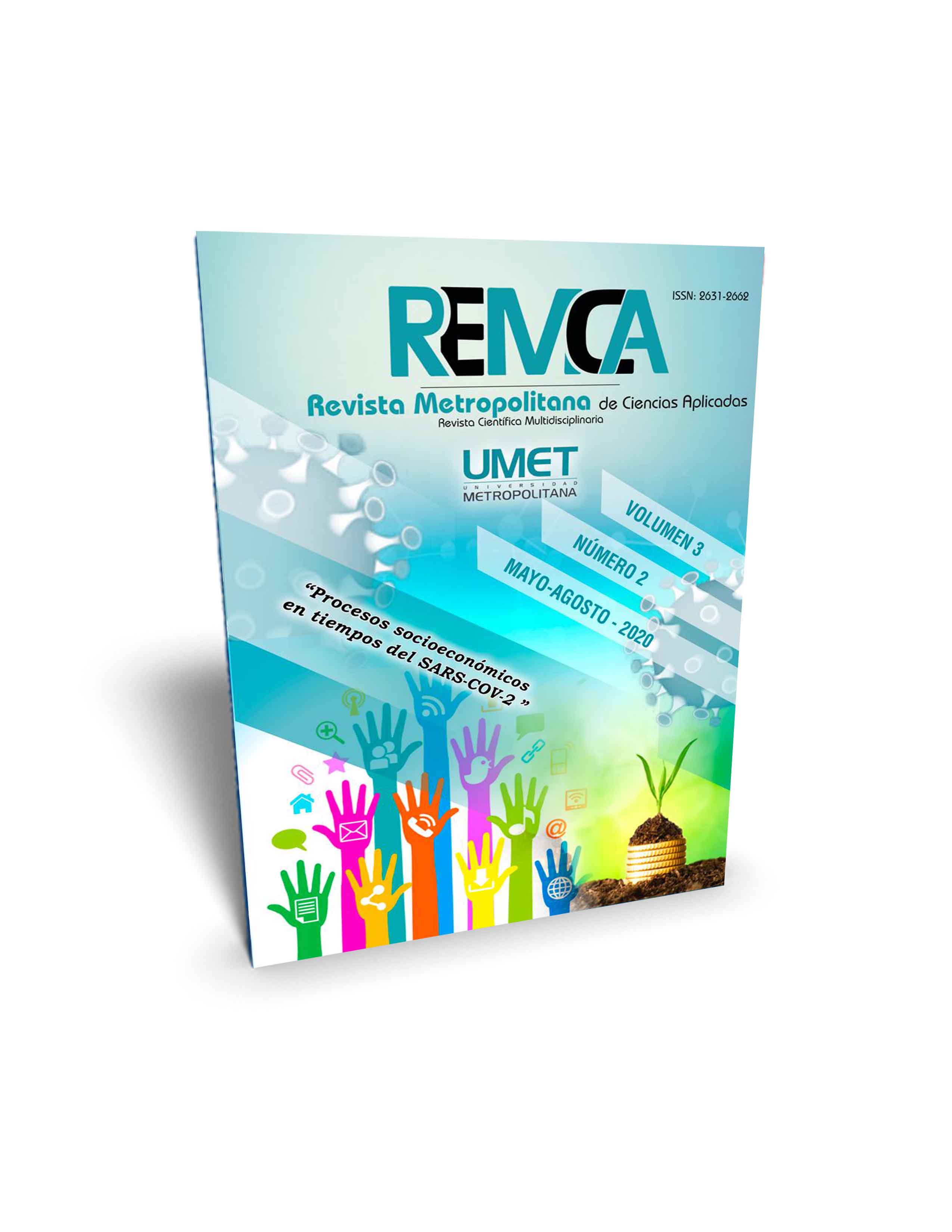Influence of educability in technical secondary school students in Hidalgo, Mexico in the creation of their life project
DOI:
https://doi.org/10.62452/zczpap62Keywords:
Teenagers, adolescence, life projec, economy, family, schoolAbstract
The article presents the findings of the investigation “Influence of the conditions of educability in the adolescent students of the Technical High School of Hidalgo, Mexico in the creation of their life project”. It describes the methodological and contextual framework of the research, as well as the economic, family and educational conditions experienced by adolescents. It was developed from a qualitative approach, through interpretive research with an ethnographic, phenomenological and hermeneutical orientation. The techniques for field work were participant observation, in-depth interview, life stories and the field diary. In the analysis process, the tools of the Atlas program were used. You. to encode and categorize the information that would make it easier to understand the influence that economic, family and educational conditions have on adolescents when creating their life project having as main premise that man, despite social determinism, has the freedom to choose what he wants for himself and to act in that sense.
Downloads
References
Álvarez-Gayou Jugernson, J. L. (2003). Cómo hacer investigación cualitativa. Paidos Educador.
Bello, M. (2002). Perú: equidad social y educación en los años ’90. Instituto Internacional de Planificación de la Educación.
Creswell, J. W. (1998). Qualitative Inquiry and Research Design: Choosing Among Five Traditions. Sage Publications, Inc.
Frankl, V. (1991). El hombre en busca de sentido. Herder.
López, N., & Tedesco J. C. (2002). Las condiciones de la educabilidad de los niños y adolescentes en América Latina. Instituto Internacional de Planeamiento de la Educación.
Martínez, N. F. (2013). La educación Secundaria Técnica. http://impulsoinformativo.net/2013/07/05/la-educacion-secundaria-tecnica/
Navarro, L. (2004). La escuela y las condiciones sociales para aprender. UNESCO. https://unesdoc.unesco.org/ark:/48223/pf0000144316
Pizarro Laborda, P., Santana López, A., & Vial Lavín, B. (2013). La participación de la familia y su vinculación en los procesos de aprendizaje de los niños y niñas en contextos escolares. Diversitas: Perspectivas en Psicología, 9(2), 271-287.
Rodríguez, M. L. (2003). Cómo orientar hacia la construcción del proyecto profesional, Autonomía individual, sistema de valores e identidad laboral de los jóvenes. Desclée De Brouwe.
Sandoval, E. (1994). La zona nebulosa de la educación básica: la secundaria. Huaxyácac, 1(3).
Tedesco, J. C. (2004). Educar en la sociedad del conocimiento. FCE.
Wolcott, H. F. (1999). Ethnography: A Way of Seeing. Altamira Press.
Downloads
Published
Issue
Section
License
Copyright (c) 2020 Salvador Tenorio Maya, José Félix Montoya Flores (Autor/a)

This work is licensed under a Creative Commons Attribution-NonCommercial-ShareAlike 4.0 International License.
Authors who publish in Revista Metropolitana de Ciencias Aplicadas (REMCA), agree to the following terms:
1. Copyright
Authors retain unrestricted copyright to their work. Authors grant the journal the right of first publication. To this end, they assign the journal non-exclusive exploitation rights (reproduction, distribution, public communication, and transformation). Authors may enter into additional agreements for the non-exclusive distribution of the version of the work published in the journal, provided that acknowledgment of its initial publication in this journal is given.
© The authors.
2. License
The articles are published in the journal under the Creative Commons Attribution-NonCommercial-ShareAlike 4.0 International License (CC BY-NC-SA 4.0). The terms can be found at: https://creativecommons.org/licenses/by-nc-sa/4.0/deed.en
This license allows:
- Sharing: Copying and redistributing the material in any medium or format.
- Adapting: Remixing, transforming, and building upon the material.
Under the following terms:
- Attribution: You must give appropriate credit, provide a link to the license, and indicate if any changes were made. You may do this in any reasonable manner, but not in any way that suggests the licensor endorses or sponsors your use.
- NonCommercial: You may not use the material for commercial purposes.
- ShareAlike: If you remix, transform, or build upon the material, you must distribute your creation under the same license as the original work.
There are no additional restrictions. You may not apply legal terms or technological measures that legally restrict others from doing anything the license permits.




